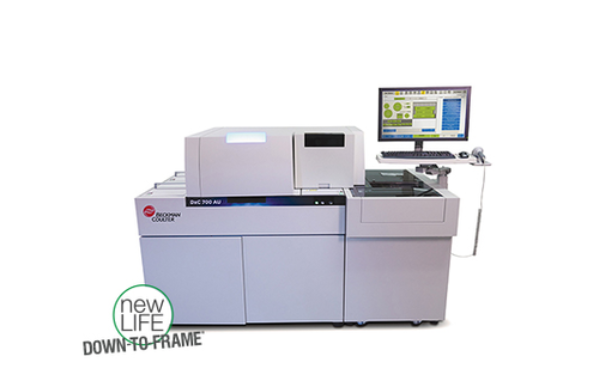Routine medical tests are an essential component of preventive healthcare. They provide valuable insights into a person's health, enabling early detection of potential issues and guiding timely intervention. Regular testing not only helps individuals monitor their overall health but also aids healthcare professionals in diagnosing conditions that may not present noticeable symptoms initially.
Importance of Routine Tests
- Early Detection of Diseases: Routine tests can uncover abnormalities in their early stages, such as high cholesterol levels, blood sugar imbalances, or deficiencies in essential nutrients. Early detection allows for prompt treatment, minimizing the risk of complications.
- Monitoring Chronic Conditions: For individuals with chronic diseases like diabetes or hypertension, regular testing ensures that their conditions are managed effectively. It provides insights into how well the current treatment plan is working.
- Assessing Overall Health: Routine blood and urine tests help evaluate the functionality of vital organs such as the liver, kidneys, and heart. They provide a baseline for future comparisons, helping to detect changes over time.
- Preventive Health: Regular tests act as a preventive measure, helping to identify risks and implement lifestyle changes or medical interventions to reduce the likelihood of developing severe health issues.
How Clinical Chemistry Analyzers Contribute
Clinical chemistry analyzers are instrumental in modern diagnostic laboratories, streamlining the testing process and ensuring precise results. These devices analyze bodily fluids such as blood and urine to detect biochemical markers linked to various conditions. Their role is crucial in routine testing due to the following features:
- Accuracy and Reliability: Clinical chemistry analyzers deliver highly accurate results, reducing the likelihood of diagnostic errors.
- Efficiency: These analyzers can process multiple samples simultaneously, ensuring timely availability of results.
- Automation: Automated systems minimize human intervention, enhancing consistency and reducing the risk of contamination.
- Versatility: They are capable of performing a wide range of tests, making them indispensable for routine and specialized diagnostics.
Routine Tests Performed by Beckman Coulter DxC 700 AU Analyzer
The Beckman Coulter DxC 700AU Analyzer is a state-of-the-art clinical chemistry system renowned for its speed, precision, and versatility. It supports various routine tests, including:
- Liver Function Tests (LFTs): Measures enzymes and proteins like ALT, AST, and bilirubin to assess liver health.
- Kidney Function Tests (KFTs): Analyzes parameters like creatinine and blood urea nitrogen (BUN) to evaluate kidney performance.
- Lipid Profile: Determines cholesterol levels, including HDL, LDL, and triglycerides, to assess cardiovascular health.
- Glucose Testing: Monitors blood glucose levels to screen for and manage diabetes.
- Electrolyte Panel: Measures sodium, potassium, and chloride levels, essential for maintaining fluid and electrolyte balance.
- Calcium and Phosphorus Testing: Evaluates bone health and metabolic conditions.
- Protein Analysis: Examines total protein and albumin levels to assess nutritional status and liver function.
Conclusion
Routine medical tests are vital for maintaining good health and preventing severe diseases. Clinical chemistry analyzers, such as the Beckman Coulter DxC 700 AU, play a pivotal role in facilitating accurate and efficient testing. By offering a broad spectrum of routine test capabilities, these analyzers empower healthcare providers to deliver better patient care and enable individuals to take charge of their health effectively. Investing in routine testing today can lead to a healthier, more secure tomorrow.





Comments